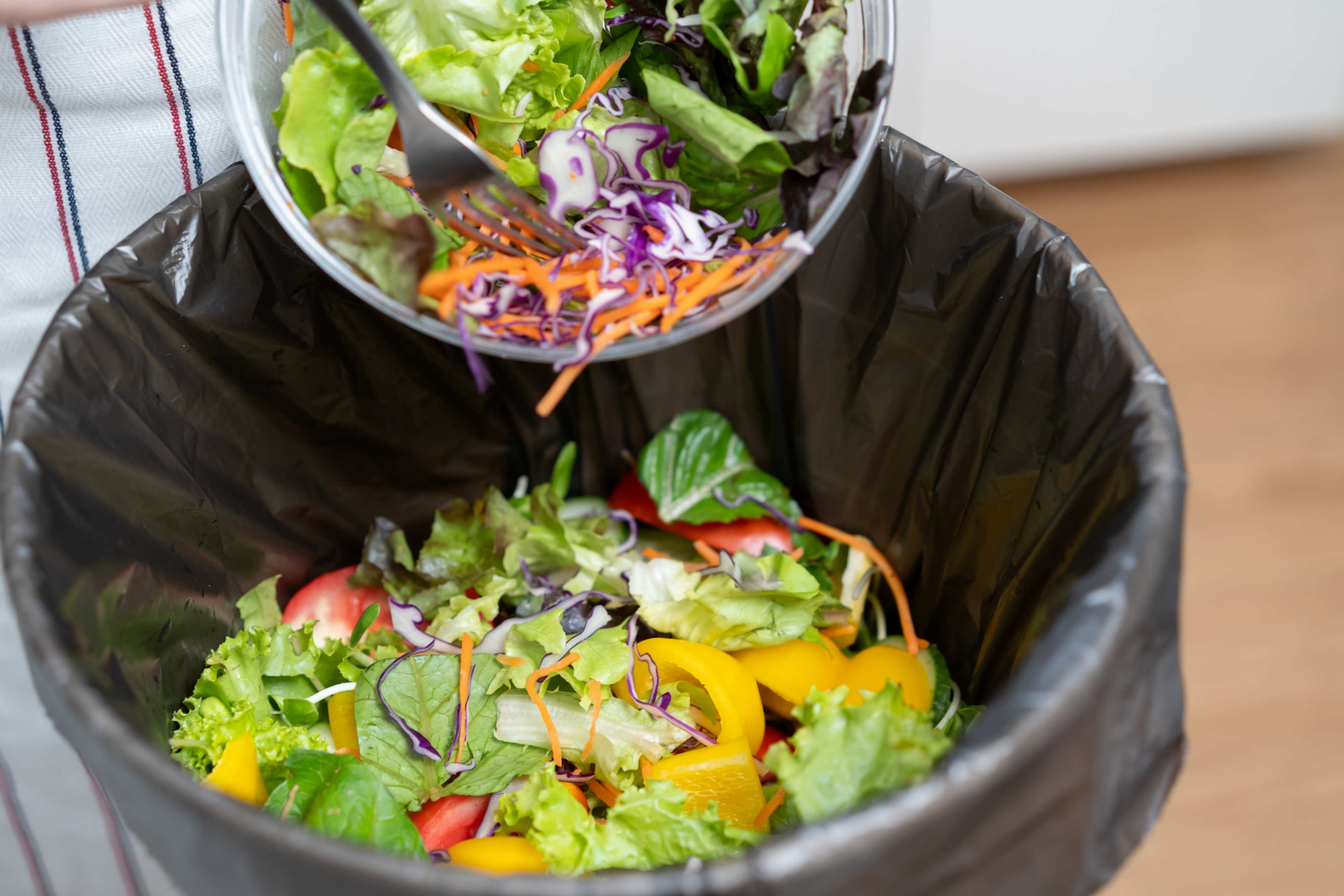
The organic sector in India, is comparatively new, possesses inherent strengths that can be leveraged, and the current context in which it thrives offers many opportunities that can be utilized. The agricultural policy of India has gradually shifted from espousing a production-centric approach to a more holistic approach. This approach, in addition to focusing on increased productivity, also factors in climatic considerations, nutritional concerns, environmental impact and standard of living of the stakeholders.
The Government has sanctioned several schemes to incentivize organic farming and many state governments are creating individual policies for the same. In addition to the Government’s increasing interest in the sector, private sector actors too have expressed their interest by increasing investments in the sector. In addition to this, the demand for organic products is increasing steadily as is the level of interest that Indian farmers have expressed in making the shift to organic farming.
| SFURTI (Scheme of fund for Regeneration of Traditional Industries) | View |
| ASPIRE ( A scheme for Promotion of Innovation , Rural Industries and Entrepreneurship) | View |
| Micro and Small Enterprises - Cluster Development Programme (MSE -CDP) | View |
| National SC-ST Hub (NSSH) | View |
| Entrepreneurship Skill Development Programme (ESDP) | View |
| Procurement and Marketing Support Scheme (PMS) | View |
| International Cooperation Scheme (IC) | View |
| CGTMSE(Credit Guarantee Fund Trust for MSE) | View |
| PMEGP(Prime Minister Employment Generation Programme) | View |
| Training Scheme for OBC | View |
| Training Scheme for SC/ST | View |
| Mukhyamantri Yuva Udyami Vikas Abhiyan | View |
| Participating in National and International Trading Fairs and Exhibitions | View |
| Regional Award Scheme for Incentives to Small Entrepreneurs | View |
| Interest Subsidy under Micro, Small, and Medium Enterprises | View |
| Implementation of Single Window at District Industries Bandu and District Level | View |
| Stamp Duty Exemption | View |
| Mukhyamantri Sookshm Udyamee Durghatana Beema Yojana | View |
| Acknowledgement within 72 Hours under UPMSME Act 2020 | View |
| ODOP Marketing Development Assistance (MDA) Scheme | View |
| ODOP Common Facility Center Promotion | View |
|
Organic Waste Compost(60 kg per day)
Organic waste composting is a natural process that decomposes materials like food scraps and garden waste into nutrient-rich soil. Driven by microorganisms such as bacteria and fungi, this process creates humus, improving soil quality and promoting plant growth. Composting reduces landfill waste, lowers greenhouse gas emissions, and enhances soil fertility. |
Disclaimer: * Business Categories & Bankable Project Report The details provided are based on general assumptions and are for informational purposes only. The project report may vary depending on area-specific requirements, regulatory compliances, and industry setup conditions. Users are advised to conduct their own due diligence and consult relevant authorities before making any business decisions.